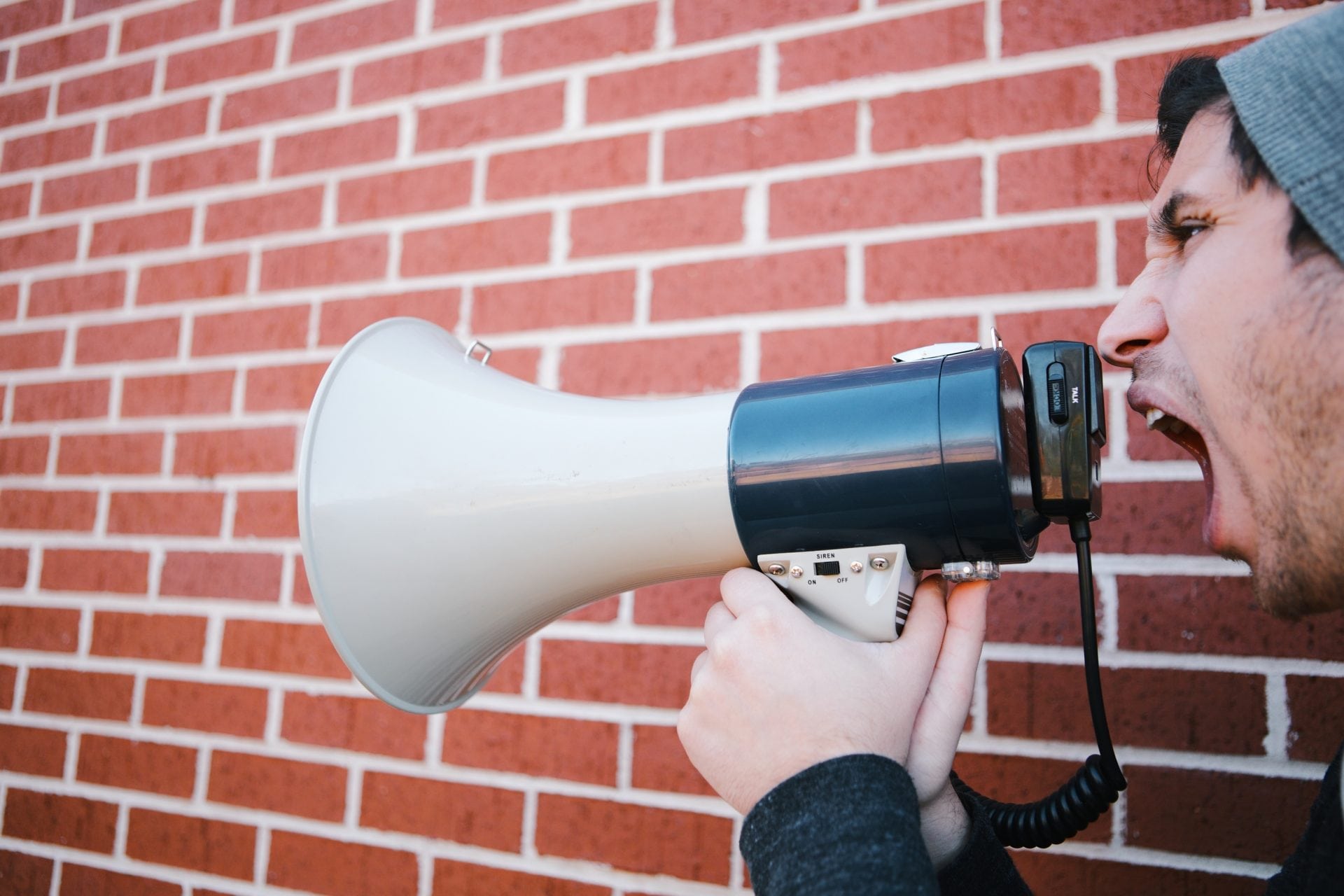My friend and Baylor colleague Alan Jacobs explains how social media pressures us to comment on any and every issue, at maximum volume.
Going off half-cocked is now widely perceived as a virtue, and the disinclination to do so as a vice. Moreover, that poorly informed and probably inflammatory statement of Your Incontrovertibly Correct Position must be on the internet . . . or it doesn’t count towards your treasury of merit.
I want to suggest some alternative ways of thinking about these matters, and related ones:
- I don’t have to say something just because everyone around me is.
- I don’t have to speak about things I know little or nothing about.
- I don’t have to speak about issues that will be totally forgotten in a few weeks or months by the people who at this moment are most strenuously demanding a response.
- I don’t have to spend my time in environments that press me to speak without knowledge.
- If I can bring to an issue heat, but no light, it is probably best that I remain silent.
- Private communication can be more valuable than public.
- Delayed communication, made when people have had time to think and to calm their emotions, is almost always more valuable than immediate reaction.
- Some conversations are be more meaningful and effective in living rooms, or at dinner tables, than in the middle of Main Street.
In short, peer pressure is always terrible, and social media are a megaphone for peer pressure. And when you use that megaphone all the time you tend to forget that it’s possible to speak at a normal volume: thus [the common and] genuinely held view that if you’re not talking to peers on Twitter you can’t possibly be talking to peers at all.
Jacobs is one of our finest cultural commentators, especially on the ways that new media forms scramble our thinking. For more, check out his trenchant book How to Think.
